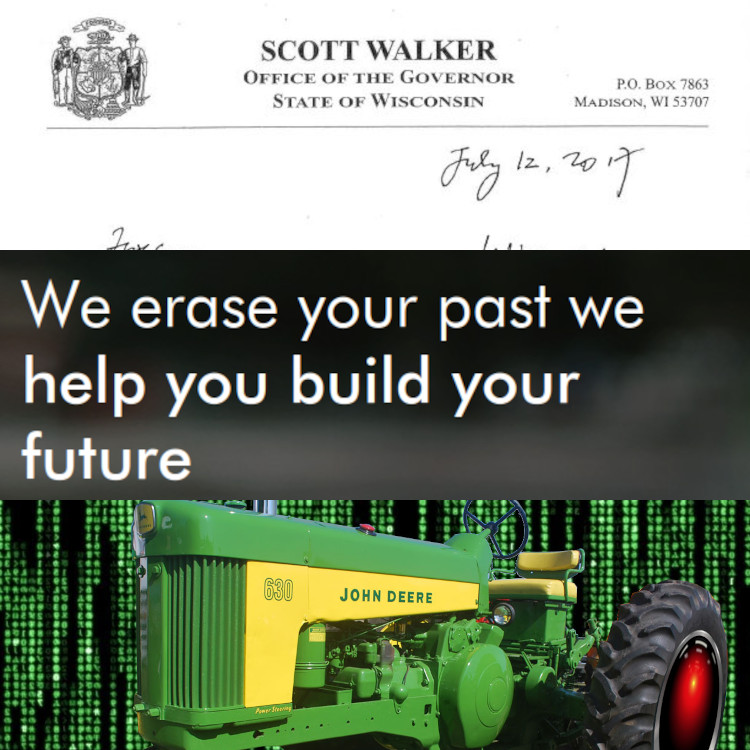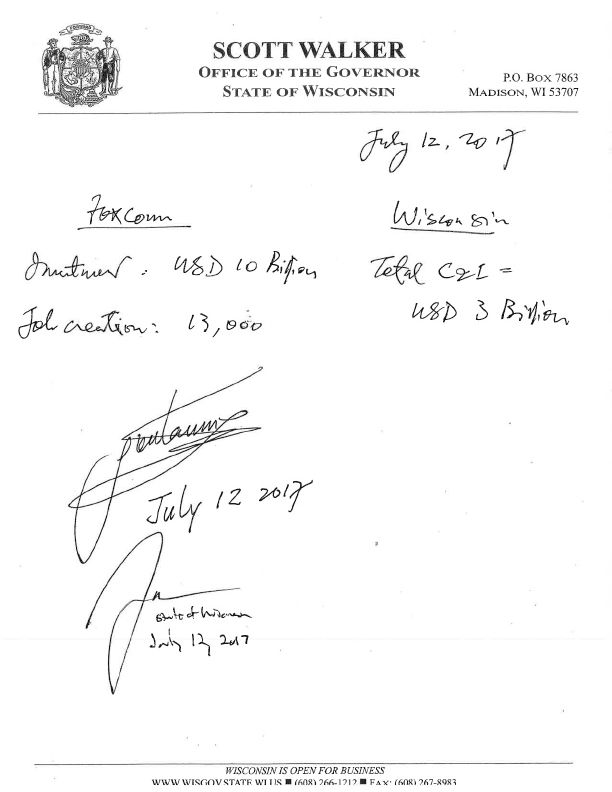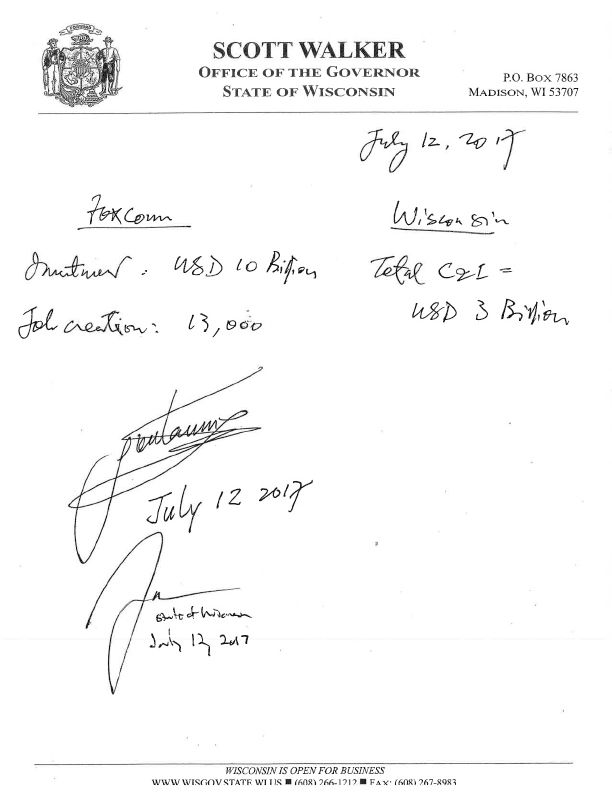
Google has announced a step to kill the third-party cookie, a source of enormous and pernicious privacy violations. This would be great news, except for the fact that Google is replacing it with #FLoC, a way for Google (and Google alone) to track you around the web.
1/
1/
Predictably, privacy advocates are pissed off about this and crying foul, because Google's FLoC, while billed as a privacy-preserving technology, is just another way to violate your privacy.
2/
2/
Likewise predictably, the ad-tech industry is in a fury about this, claiming (correctly) that it is wildly anti-competitive.
Taken together, these two criticisms can make it seem like you can't be both pro-competition and pro-privacy, but that's not true.
3/
Taken together, these two criticisms can make it seem like you can't be both pro-competition and pro-privacy, but that's not true.
3/
The digital rights activists who talk about "competition" aren't interested in competition for its own sake - rather, we're concerned with competition only to the extent that it gives technology users more control over their lives, more technological self-determination.
4/
4/
We don't want competition to see which company can trick or coerce you into surrendering your fundamental human rights, in the most grotesque and humiliating ways at the least benefit to you.
eff.org/deeplinks/2021…
5/
eff.org/deeplinks/2021…
5/
Because there are easy ways for Google to have blocked third-party cookies WITHOUT spying on us - they could have copied what Apple did with Safari, shutting out surveillance without adding in new surveillance.
eff.org/deeplinks/2020…
6/
eff.org/deeplinks/2020…
6/
There's a good reason to worry about Google's competition in ad-tech, just not the reason the ad-tech bottom-feeders who are up in arms about FLoC give (which is that they want to spy on us, too).
7/
7/
The reason to care about whether Google faces competition in ad-tech is that it runs these incredibly dirty, wildly profitable ad marketplaces, which it uses to gouge publishers and advertisers, and spreads the loot around to block privacy laws.
papers.ssrn.com/sol3/papers.cf…
8/
papers.ssrn.com/sol3/papers.cf…
8/
As is always the case with these seeming contradictions, they arise from looking at the situation from the COMPANIES' perspective, rather than from the PUBLIC'S perspective.
9/
9/
How can you cheer Apple for doing good on privacy while condemning Apple for gouging its app vendors like @heyhey? Easy - just think about the problem from the perspective of a person, not a giant corporation:
eff.org/deeplinks/2020…
10/
eff.org/deeplinks/2020…
10/
No one should ever make the mistake of thinking that a corporation is "good" - even the corporation that does consistent good today is liable to changes in ownership and management in the future that can drastically alter its conduct.
11/
11/
By all means, cheer the things that companies do, when they benefit the public - and condemn the things that do harm.
Always fight for the user, never for the system.
eof/
Always fight for the user, never for the system.
eof/
ETA - If you'd like an unrolled version of this thread to read or share, here's a link to it on pluralistic.net, my surveillance-free, ad-free, tracker-free blog:
pluralistic.net/2021/04/22/iho…
pluralistic.net/2021/04/22/iho…
• • •
Missing some Tweet in this thread? You can try to
force a refresh











